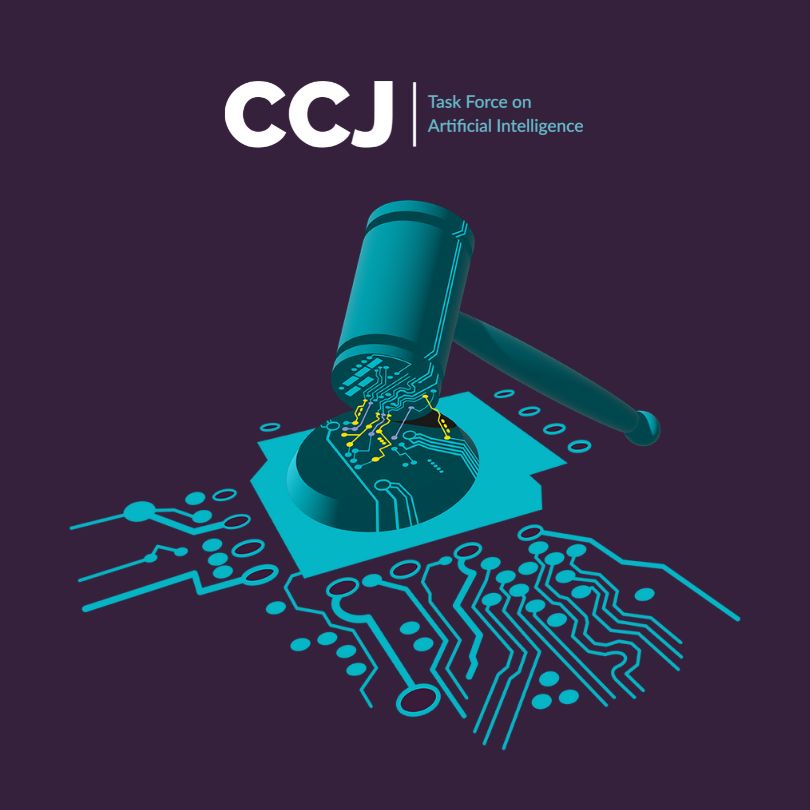Research for the National Commission on COVID-19 and Criminal Justice Also Finds Pandemic Rates of Drug, Property Crimes Still Far Below Same Period Last Year
5:00 a.m. ET, December 1, 2020
Contact: Jenifer Warren
jwarren@counciloncj.org
916-217-0780
WASHINGTON, D.C. – As the pandemic continued its advance through a ninth month, the National Commission on COVID-19 and Criminal Justice (NCCCJ) today released new research showing that violent crime rates remain above 2019 levels across a diverse sample of major American cities.
While receding somewhat from summertime peaks, the homicide rate was 34% higher in September and October in 21 cities than during the same two-month period last year. That’s down from a 42% rise in those cities during June, July, and August. The jump in homicides from June through October means that 610 more people were killed in the cities surveyed than during the same period in 2019.
The report also found that the rate of aggravated assaults rose sharply through June and then decreased through the end of October, although not back down to the level seen during the same period last year. Overall, aggravated assaults have risen 11% during the pandemic compared to the same eight-month period in 2019.
With the exception of a brief June spike in non-residential burglary, property and drug crime rates fell during the first eight months of the pandemic. Residential burglary dropped by 24% from the same period in 2019 while drug offense rates fell by 32%.
The study, led by noted criminologist and Professor Emeritus Richard Rosenfeld of the University of Missouri – St. Louis, updates earlier research by the authors with new crime data through the end of October. It examines crime rates for ten offenses in 28 medium to large cities that publish crime data in near-real time, including Los Angeles, Atlanta, Chicago, Detroit, Baltimore, Dallas, Philadelphia, and San Francisco. The figures in this report differ some from the previous report in August due to a different mix of cities in the reporting sample.
“City leaders face serious challenges posed by the recent rise in violent crime,” Rosenfeld said. “In our view, subduing the pandemic, pursuing crime-control strategies of proven effectiveness, and enacting needed police reforms will all be necessary to achieve durable reductions in violent crime in our cities.”
Launched in July by the Council on Criminal Justice (CCJ), NCCCJ is co-chaired by former U.S. Attorneys General Alberto Gonzales and Loretta Lynch. Its diverse membership includes justice system leaders, elected officials, advocates, a leading researcher, a formerly incarcerated individual, and a top public health specialist. The Commission’s final recommendations will be released Dec. 14.
About the Council on Criminal Justice
The Council on Criminal Justice is a nonpartisan membership organization and think tank created to advance understanding of the criminal justice policy challenges facing the nation and build consensus for solutions based on facts, evidence, and fundamental principles of justice.
As part of its array of activities, the Council conducts research and convenes independent groups of members and experts that produce reports with findings and policy recommendations on matters of concern. The findings and recommendations of the Commission on COVID-19 and Criminal Justice are its own; neither the Council’s Board of Directors nor its Board of Trustees approve or disapprove the Commission’s work.
To learn more, visit counciloncj.org.



